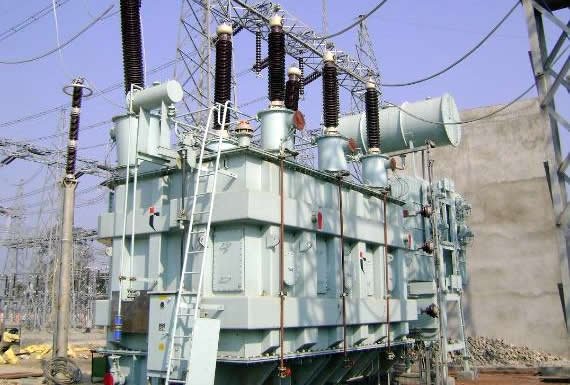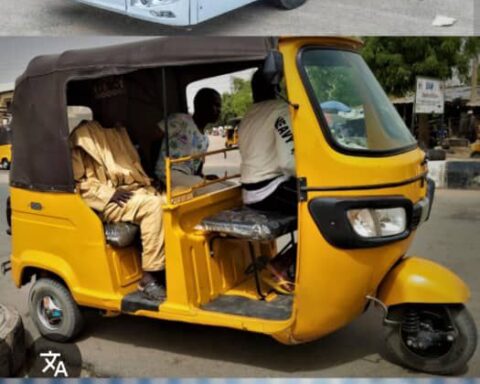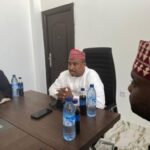Electricity generation companies (GenCos) across Nigeria have raised strong objections to the recent decision by the Nigerian Electricity Regulatory Commission (NERC) to slash the electricity tariff for Band A consumers in Enugu from over N200/kWh to N160/kWh. The tariff reduction, which took effect earlier this month, was introduced following widespread public outcry over the high cost of power in the region.
Band A customers—typically those who receive a minimum of 20 hours of electricity daily—have been paying higher rates to reflect the improved service levels. The NERC’s downward review of the Band A tariff in Enugu was framed as a temporary intervention aimed at easing the financial pressure on consumers amid rising inflation and economic hardship.
However, the move has sparked backlash from GenCos, who argue that the decision undermines the cost-reflective structure necessary for a sustainable power sector.
The Association of Power Generation Companies (APGC), in a strongly worded statement, warned that the Enugu tariff reduction could set a dangerous precedent and threaten the already fragile liquidity in the Nigerian Electricity Supply Industry (NESI).
“We were not consulted, and yet this decision affects our bottom line significantly,” said Dr. Joy Ogaji, Executive Secretary of the APGC. “Electricity generation is capital intensive. When tariffs are arbitrarily reduced without a corresponding framework for subsidy payments or guaranteed market revenues, it leaves GenCos unable to meet their obligations—fuel procurement, maintenance, debt servicing, and salaries are all at risk.”
Ogaji stressed that Band A customers are meant to serve as a stabilizing force in the sector’s finances. “If cost-reflective tariffs cannot be upheld even for premium service bands, the entire market will suffer.”
Industry insiders say the tariff cut was influenced heavily by political and social pressures within Enugu State. The Enugu Electricity Distribution Company (EEDC), which covers the South-East region, had been inundated with complaints over the sharp rise in power costs since the new Band A structure was rolled out earlier in 2024.
EEDC sources privately expressed concerns that the tariff slash may make it harder to meet remittance obligations to the Market Operator and other sector stakeholders, including the GenCos.
NERC, on its part, maintains that the reduction is “temporary and under review,” pending ongoing assessments of service delivery, market liquidity, and macroeconomic conditions.
Industry analysts are warning that if NERC’s move becomes a trend, GenCos may begin scaling back investments in capacity expansion and may even cut generation to areas where payment guarantees are uncertain. Already, there are rumblings of reduced power dispatch to Enugu and surrounding areas as GenCos reassess the viability of continued service under reduced tariff returns.
“This kind of unpredictability is exactly what deters foreign investment in the Nigerian power sector,” said Temi Oladele, an energy economist with Lagos-based consultancy EnergyMatics. “We cannot claim to be building a sustainable market on one hand and then politically adjust tariffs on the other without compensatory mechanisms.”
Amid the mounting tension, stakeholders are calling for an urgent stakeholder roundtable to revisit the tariff structure, ensure better cost-recovery mechanisms, and build trust among operators. There are also renewed calls for the Federal Government to consider targeted subsidies or fiscal interventions to shield consumers without compromising GenCos’ viability.
For now, Enugu residents are enjoying a reprieve from soaring power bills—but it remains unclear how long this relief will last, or what long-term costs it might carry for the broader power sector.



























